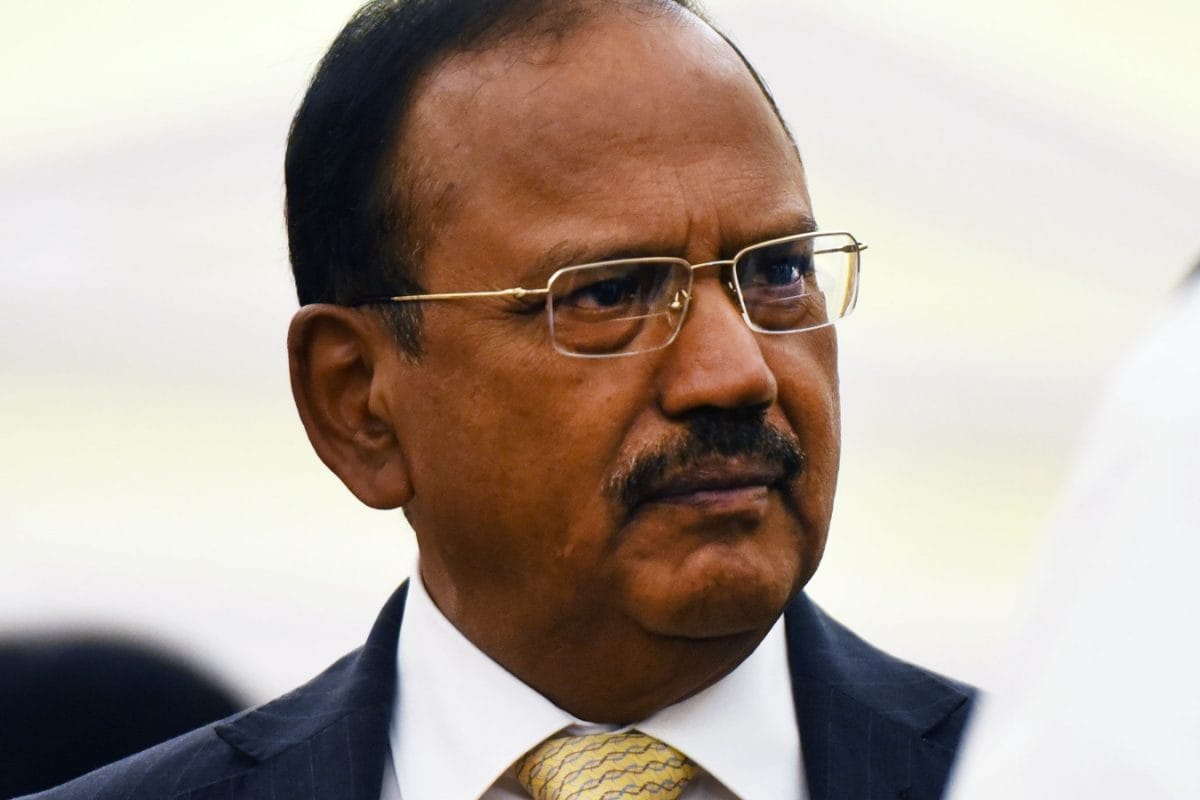

Amid escalating tensions between the United States and India over the latter's continued import of Russian oil, National Security Advisor (NSA) Ajit Doval has arrived in Moscow for high-level talks aimed at bolstering strategic ties between India and Russia. Doval's visit, which was pre-planned, has gained significant importance following renewed tariff threats from U.S. President Donald Trump against India. Trump has accused India of profiting from the war in Ukraine by purchasing "massive amounts" of Russian crude and reselling it on the open market.
India has strongly defended its decision to continue importing Russian oil, citing national interests and economic security. The Ministry of External Affairs (MEA) has called the targeting of India "unjustified and unreasonable," emphasizing that India, like any major economy, will take necessary measures to safeguard its interests. The MEA also pointed out the double standards of Western nations, including the U.S. and the European Union, which continue to import key products from Russia despite their criticism of India. These products include natural gas, uranium, fertilizers, and palladium. The ministry stressed that India's total trade with Russia remains modest compared to that of Western powers.
Furthermore, the MEA stated that India began importing from Russia because traditional supplies were diverted to Europe after the outbreak of the conflict in Ukraine. The U.S. had actively encouraged such imports by India to strengthen global energy market stability. India maintains that its oil trade with Russia has been transparent and with the broad understanding of the U.S..
Doval's visit to Moscow is expected to cover a range of issues, including expanding defence industry cooperation and potential procurement of additional S-400 missile systems, and regional and global security cooperation. He is also expected to discuss India's participation in the resource-rich Arctic and potential cooperation in high-tech sectors. External Affairs Minister S. Jaishankar is also scheduled to visit Russia later this month to focus on boosting Indian exports, cooperation in the Arctic, and civil nuclear collaboration. An India-Russia summit is planned for later this year.
The U.S. has already imposed a 25% tariff on Indian goods starting August 7 and Trump has threatened to raise it substantially. He has also suggested that India and Russia can take their "dead economies down together". These actions have been met with strong resistance from India, which has called itself the world's fastest-growing major economy. India has also accused the U.S. and EU of hypocrisy, arguing that they are quietly encouraging India to buy Russian crude while simultaneously criticizing New Delhi.
The Kremlin has also weighed in on the matter, accusing the U.S. of exerting illegal trade pressure on India. Kremlin spokesman Dmitry Peskov stated that sovereign countries have the right to choose their trading partners and that attempts to force countries to cut trade relations with Russia are illegal.
Doval's visit to Moscow and the upcoming visit of Jaishankar underscore India's commitment to its strategic partnership with Russia, despite mounting pressure from the United States. India is navigating a complex geopolitical landscape, balancing its longstanding ties with Russia with its relationship with the U.S.. The Indian government has signaled that it will prioritize consumer interests and make decisions based on its national interests and economic security.